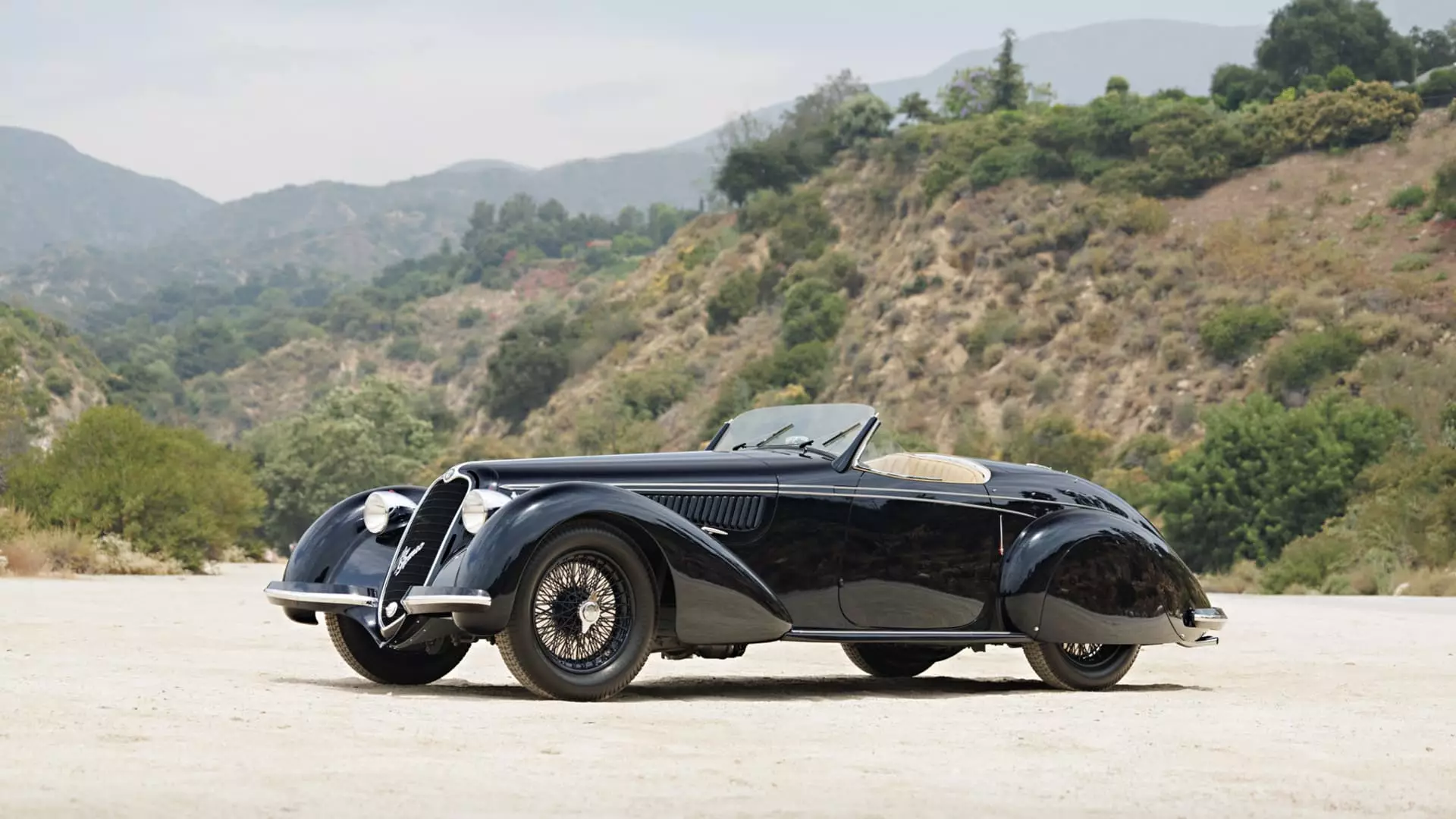The annual Monterey Car Week auction saw a 3% decrease in sales compared to the previous year, with a total of $391.6 million in sales across five auction houses. This decline is attributed to a shift in collector preferences from classic cars of the 1950s and 1960s to more modern vehicles. Only 72% of the 1,143 cars put up for auction found buyers, reflecting a saturation of similar cars on the market. This oversupply has led to weaker prices and sales, with experts noting the need for diversification in offerings to attract buyers.
A notable trend is the rise of a new generation of collectors, mainly Gen Xers and millennials, who are driving the market towards cars from the 1980s, 1990s, and 2000s. These younger collectors prefer vehicles from their own era, causing a decline in demand for classic cars from previous decades. The sell-through rate for pre-1981 cars priced at $1 million or more was only 52%, while newer models had a sell-through rate of 73%. This shift signifies a changing of the guard in the classic car market, with younger collectors taking the reins.
Hagerty’s Supercar Index, which tracks sports cars from the 1980s to the 2000s, has surged over 60% since 2019, indicating the growing interest in modern collectible cars. On the other hand, the Blue Chip Index, which focuses on classic cars from the 1950s and 1960s, has seen a 3% decline. While rare masterpieces still command high prices, the overall market for older classic cars is expected to be under pressure as more collectors transition to newer models.
High-interest rates have also played a role in shaping the classic car market landscape. Financing has been a common practice for buyers at the lower end of the market, allowing them to build their collections gradually. However, rising interest rates have increased the opportunity cost of purchasing a classic car. Potential buyers are now weighing the returns they could earn from other investments against the value of owning a collector’s car. This shift in mindset has caused some collectors to reevaluate their purchasing decisions and consider the economic implications of investing in classic cars.
The classic car market is undergoing a significant transformation driven by changing collector preferences and external market forces. The influx of newer collectors who favor modern vehicles over traditional classics is reshaping the landscape of auctions and sales. As the industry navigates these shifts, it will be essential for sellers and auction houses to adapt their offerings to cater to the evolving demands of a diverse and dynamic collector base. The future of the classic car market will undoubtedly be influenced by a combination of generational trends and economic factors, making it imperative for stakeholders to stay abreast of these developments to remain competitive in the evolving marketplace.

